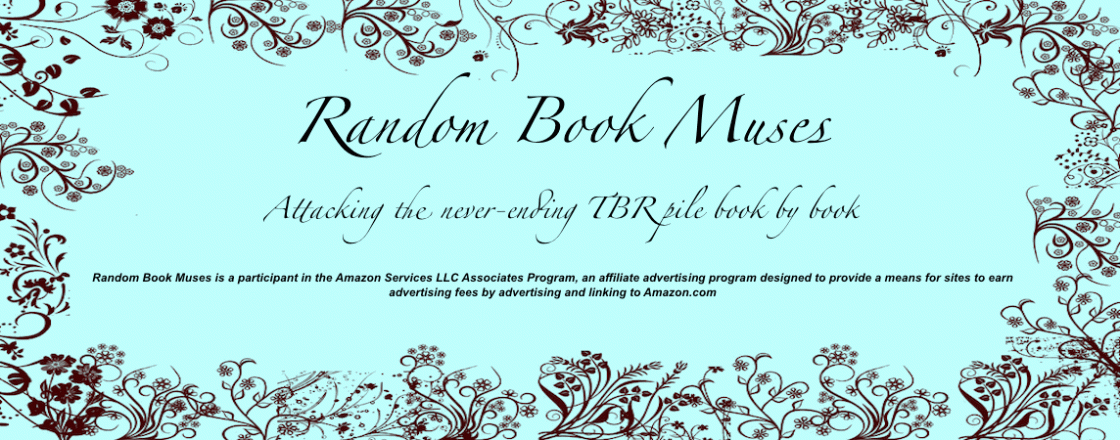 Being a child of the seventies, much of what I know about the Civil Rights Era comes from books that I’ve read. And there’s always an inherent risk that what I’m reading isn’t true to fact or is too preachy. This debut novel by Robin Talley avoids both of those pitfalls.
Being a child of the seventies, much of what I know about the Civil Rights Era comes from books that I’ve read. And there’s always an inherent risk that what I’m reading isn’t true to fact or is too preachy. This debut novel by Robin Talley avoids both of those pitfalls.
The year is 1959. The place, Virginia. After a lengthy court battle, public schools in the state have been ordered to integrate. Sarah Dunbar is among a select group of students chosen to attend the previously all-white Jefferson High School. From day one, Sarah and her friends are surrounded by hatred. In addition to being placed in remedial classes and banned from participating in extra curricular activities, they’re faced with a daily deluge of name calling, taunting, things being thrown at them, and outright violence. Still they persevere, conducting themselves with respect and dignity for the most part. When Sarah is forced into a school project with the daughter of a prominent townsperson, things begin to change in ways both good and bad.
This story is told from both perspectives, Sarah’s and Linda’s. We are given a glimpse into Sarah’s feelings about her role as a trailblazer, of course. But what’s more eye-opening to me is hearing Linda’s story. Yes, she’s full of intolerance. But her thoughts made me wonder how that came to be. Was she simply a product of her environment? She’s very unwavering in her belief that segregation is the right thing to do. Then she would have moments that made me think her heart was telling her something different.
I would be remiss if I didn’t mention the turmoil that both Sarah and Linda went through as they struggled with their feelings for each other. They find themselves attracted to each other which during that era was almost as taboo as interracial relationships. For me it wasn’t the main part of the story, and I don’t want it to detract from the author’s insight into the fear and intolerance of that time period. But how can we discuss one without the other? Aren’t we facing much of that same fear and intolerance today? It’s just an additional obstacle young Sarah had to overcome as do many young people in modern times.
This is a tough book to read. There were times I found myself doubting that people could be so cruel. It’s important, however, to remember these shameful parts of our history so that they are not repeated. Avoiding it doesn’t make it go away. And beyond that, my hope is that some day we will look back on society’s current views on homosexuality with the same disbelief we have towards the racial intolerance of our past. Difficult to comprehend but impossible to put down, this is one book you won’t soon forget!
~Thalia
Buy It Now: Lies We Tell Ourselves (Harlequin Teen)



